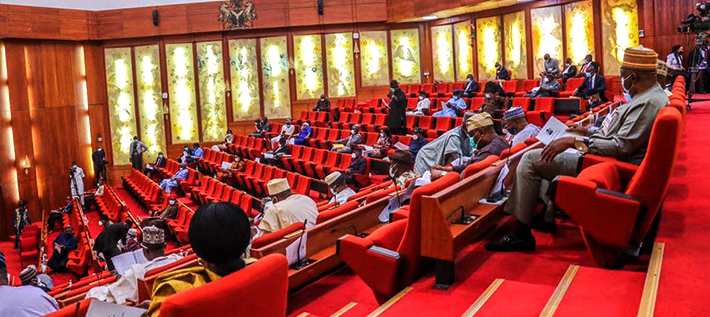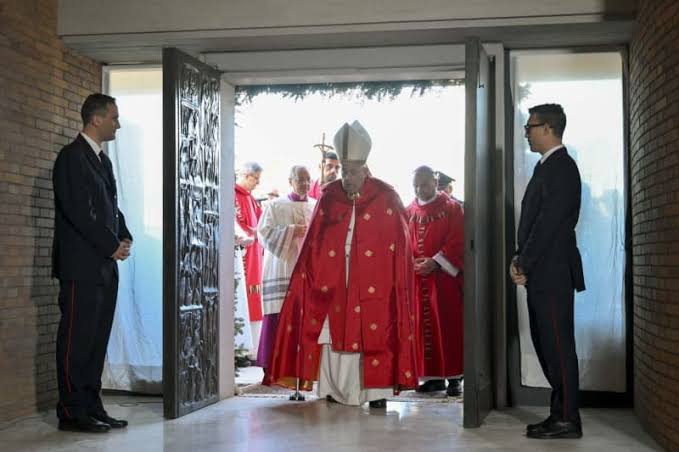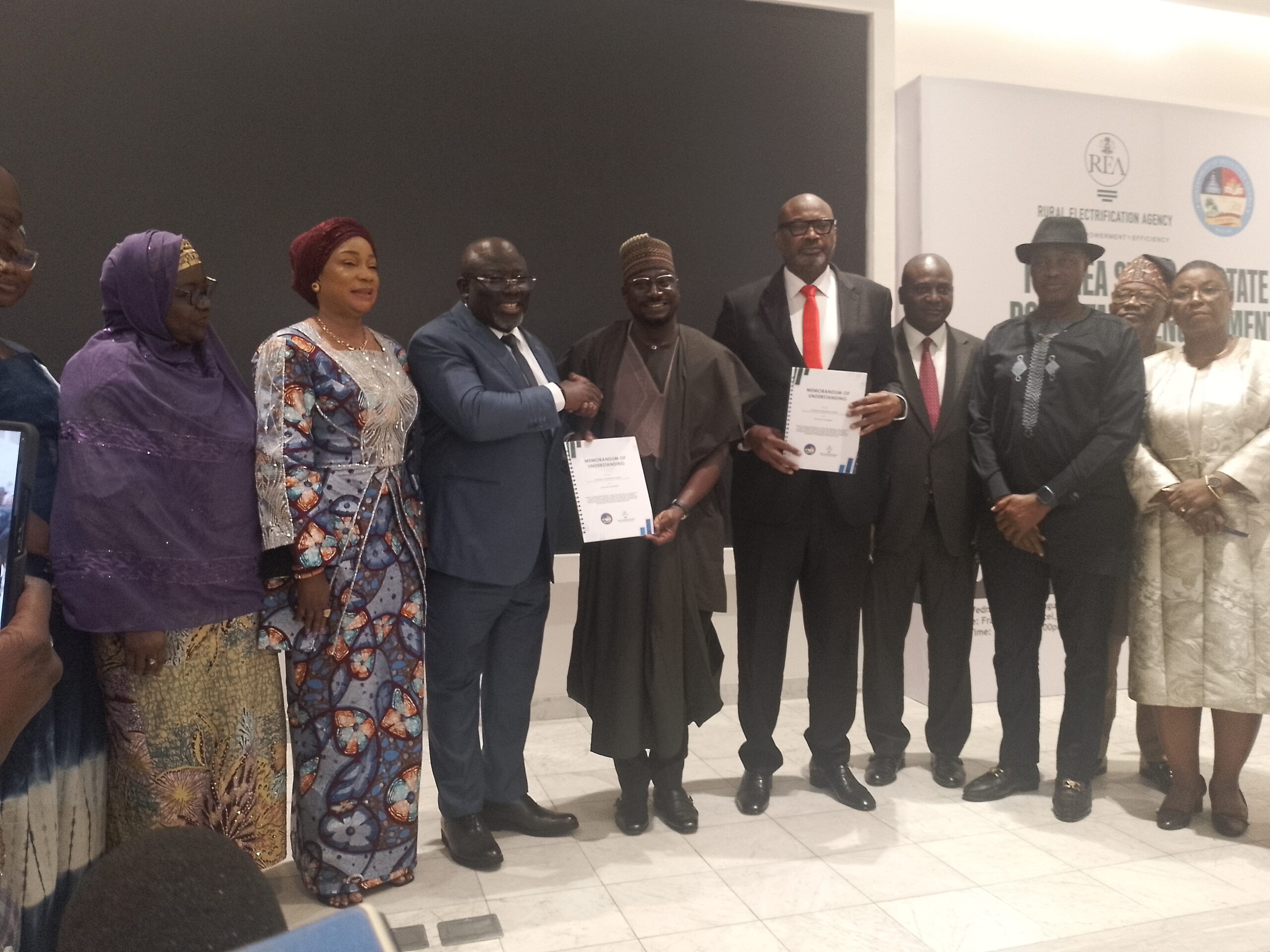
By Fatima Saka
Abuja, Nigeria — The Senate on Monday opened a public hearing on five major health bills, with Senate President Godswill Akpabio, represented by Senate Chief Whip, Senator Mohammed Tahir Monguno, formally declaring the session open and reaffirming the National Assembly’s commitment to strengthening Nigeria’s healthcare system through inclusive lawmaking.
Addressing lawmakers, House representatives and invited stakeholders, Monguno said the bills under consideration “speak directly to the needs, aspirations and well-being of our citizens,” adding that the proposals respond to the daily health challenges faced by millions of Nigerians.
He commended the Senate Committee on Health (Secondary and Tertiary Services) for its diligence, stressing that the bills are aimed at expanding access to care, advancing research and improving health outcomes nationwide.
Committee Chair Senator Ipalibo Harry Banigo welcomed all attendees and emphasised that the hearing demonstrated the Senate’s dedication to participatory lawmaking. She noted that the bills, ranging from sickle cell disorder research to orthopaedic and eye care, reflect genuine attempts to close health gaps across regions. She assured stakeholders that every submission would be considered objectively.
Also present was the Vice Chair of the Committee, Senator Samaila Dahuwa Kaila (Bauchi North), and several members of the House of Representatives, including Honourable Keith, recognised by Senator Monguno during his remarks.
Bill sponsors made presentations in defence of their proposals. They include Senator Sunday Marshall Katung, who presented the Sickle Cell Anaemia Disorder Research and Therapy Centre Establishment Bill; Senator Ipalibo Harry Banigo, who presented the National Health Act Amendment Bill seeking to increase the Basic Health Care Provision Fund from 1% to 2% of the Consolidated Revenue Fund; Senator Jibrin Isah (Kogi East), who presented the Federal Orthopaedic Hospital Establishment Bill; Senator Titus Zam, who presented the National Eye Centre, Nko’ku, Benue State Bill; and Senator Diket Plang, who presented the National Eye Centre, Pushit/Mangu, Plateau State Bill.
The Federal Ministry of Health, during its presentation, opposed four of the five bills, supporting only one. The Ministry argued that establishing new centres could lead to duplication of existing health infrastructure and raise sustainability concerns.
However, several lawmakers and community representatives strongly disagreed, insisting that the proposed health institutions are crucial for addressing regional disparities and meeting urgent health needs.
Senator Kaila, responding after the session, said no decision had been reached. He explained that the Committee would review all submissions and determine what is feasible within available resources.
He assured stakeholders that if the proposed centres can be sustainably funded, the Committee would recommend their establishment; otherwise, it would clearly state the limitations.
The Senate Committee will now analyse the contributions received, reconcile divergent views and prepare a harmonised report for presentation to the full Senate. The hearing was attended by senators, House of Representatives members, heads of health agencies, civil society groups, professional bodies and media representatives.





